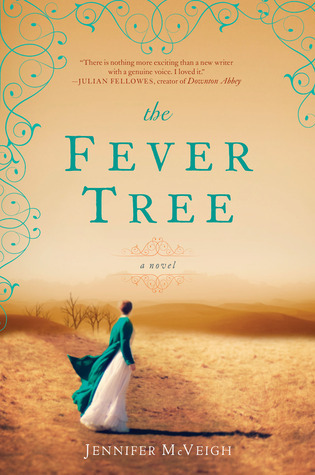What do you think?
Rate this book


433 pages, Kindle Edition
First published January 1, 2012
”They grew in a controlled environment, protected, mollycoddled, grafted onto the stronger roots of other plants so they could survive; deviations from their true form in nature. They might be highly decorative, you said, bred for dazzling colors, but essentially they were monstrosities.”So what if she could paint, play piano and embroider? Why would it not safe her from her narcissism and entitlement? Neither did her beauty safe her. No marriage proposals were stacking themselves up in her drawing room. Family did not want to be associated, or accept responsibility, for her. She had all the reasons in the world to feel abandoned and blame her father for her calamity.
"The tall stump of a quiver tree, black against the fading light, stood alone on the veldt as if it were the cloaked outline of a figure watching the house. In a drought they self-amputated, Edwin had told her, constricting their branches until they became so dry they dropped off. Then they drew water down into the depths of their trunk and waited for the rains."Francis Irvine had a few lessons lying in wait for her upon her arrival in Cape Town. She was an intelligent girl, but did not realize that the world was a lot more complicated than she ever thought. She would learn that nobody else but herself is responsible for her own happiness. Only she could make those choices.
Francis: ”What merit do I have outside in the real world where people live and die? Where there is disease and corruption? What purpose do I have? You offered me a world of truth. Can you blame me if I shrank from it? I had no familiarity with the truth. It terrified me. I thought it would destroy everything that I was.”It would take a devastating drought, a scandalous overture of cruelty and human failures in the diamond mines of Kimberley, to bring her to the crossroad in her life, where she will be forced to take the road less traveled and survive it all. Somewhere along that chosen road, a salubrious rain will change everything for the Fever Tree.